Electric vehicle batteries are expensive to replace — often $10,000 to $20,000 for a fully electric car. While battery costs are expected to drop in the coming years, today’s EV drivers need strong warranty coverage to protect their wallet.
By federal law, all EV and hybrid batteries must be covered for at least 8 years or 100,000 miles. In California, that coverage extends to 10 years or 150,000 miles. But not all warranties are created equal. Some go further than others when it comes to battery degradation, replacement criteria, and coverage for second owners.
So, which EV brands offer the most comprehensive battery warranties in 2025? The top spot might surprise you.
The Best EV Battery Warranty
Rivian (8 years or 175,000 miles)
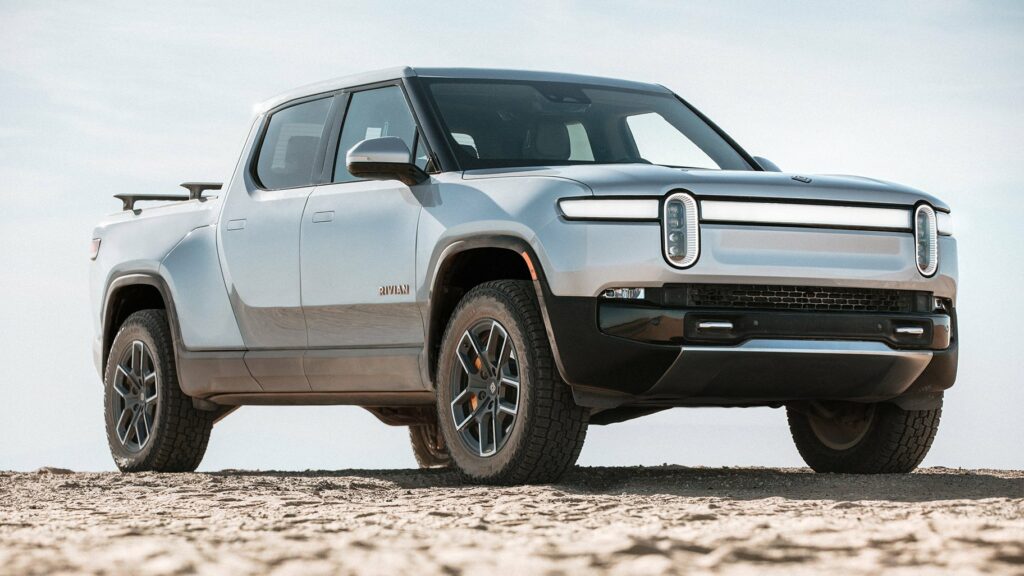
Surprise! The best EV warranty is offered by Rivian for the all-new R1T electric truck and R1S electric SUV. Coverage includes all components inside the high-voltage battery and 70% or more of the battery capacity for 8 years or 175,000 miles, whichever comes first.
Drivetrain components are also covered for 8 years or 175,000 miles. It can be unnerving to purchase a vehicle from a startup like Rivian, so at least they’re offering the best battery warranty there is. Learn more about Rivian’s warranty here.
Tesla Battery Warranty
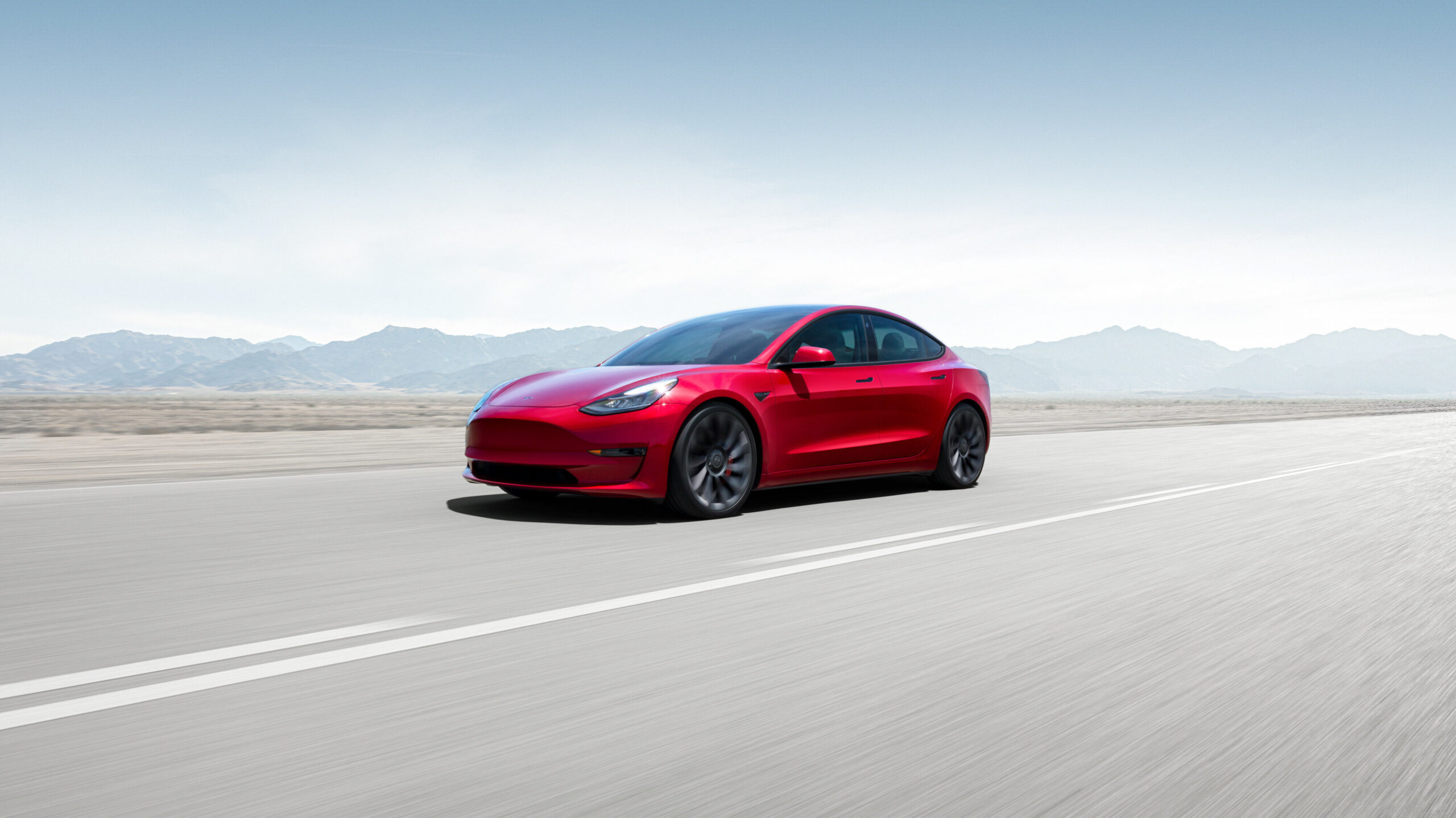
Tesla’s electric powertrain warranty is split into two tiers.
- The Tesla Model S (starting at $84,990) and Tesla Model X (starting at $89,990) have 8 year or 150,000 mile electric powertrain warranties. Battery capacity retention is guaranteed to be at least 70% under warranty.
- The Tesla Model 3 Long Range and Performance and all Tesla Model Y’s get an 8 year or 120,000 mile powertrain warranty.
- The most affordable Tesla today is the Model 3 Rear-Wheel Drive, which gets an 8 year or 100,000 mile powertrain warranty.
Learn more about Tesla’s battery warranty.
The Best Battery Warranty For Affordable Electric Cars
Hyundai and Kia (10 years or 100,000 miles)
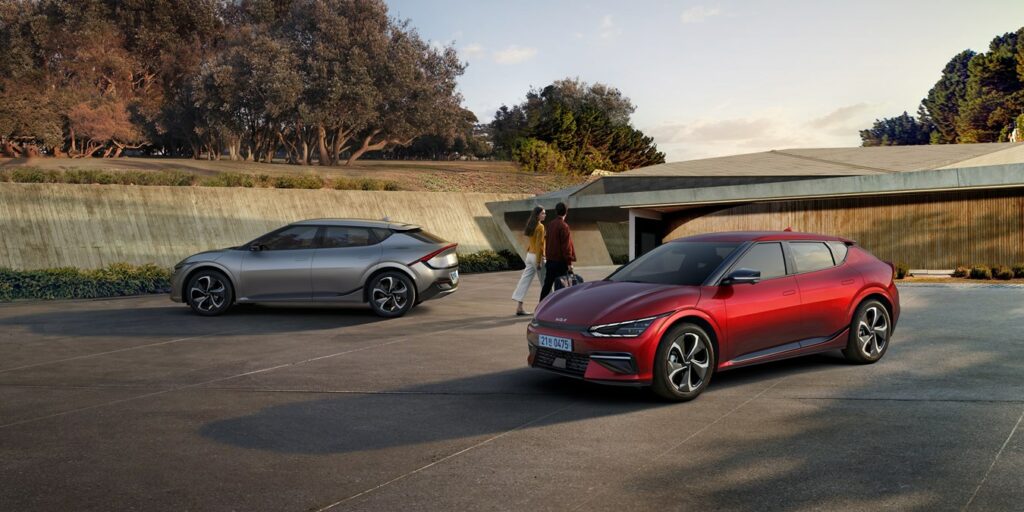
When shopping affordable EVs, you can’t beat Hyundai and Kia’s 10 year/100,000 mile EV warranty. The Hyundai EV warranty covers batteries, motors and powertrain components. There’s also the guarantee of at least 70% battery capacity retention. Hyundai lays it out clearly: “While all electric-car batteries will experience degradation over time, ours will not degrade more than 70 percent of the original capacity during the warranty period.”
Learn more about Hyundai’s electric vehicle battery warranty. You can find Kia’s EV warranty details here.
The Rest of the Gang: 8 year/100,000 Mile Battery and Powertrain Warranty
In 2025, it looks like the industry standard for EV manufacturer warranties is 8 years or 100,000 miles, whichever comes first. This manufacturer warranty applies to the following electric vehicles in 2024:
- Ford Mustang Mach-E (70% battery capacity retention guarantee) see the details
- Ford F-150 Lightning (70% battery capacity retention guarantee) see the details
- Jaguar I-PACE (70% battery capacity retention guarantee) see the details
- Lucid Air (70% battery capacity retention guarantee) see the details
- Polestar 2 (70% battery capacity retention guarantee) see the details
- Volvo XC40 and C40 Recharge (70% battery retention guarantee) see the details
- Volkswagen ID.4 (70% battery capacity retention guarantee) see the details
- Audi e-tron (70% battery capacity retention guarantee) see the details
- Chevy Bolt (60% battery capacity retention guarantee) see the details
- Nissan Leaf (70% battery capacity retention guarantee) see the details
- Nissan Ariya (70% battery capacity retention guarantee) see the details
- Toyota bZ4X (70% battery capacity retention guarantee) see the details
The Worst EV Warranty in 2025 (Barely)

GM electric models like the Chevrolet Equinox EV, Blazer EV, and Cadillac Lyriq have 8 year/100,000 mile battery warranties with a notable catch. The battery retention portion of the warranty will replace the battery if it falls below 60% of the original capacity under coverage. See the full details here.
FAQ: EV Battery Warranties
Q: What do EV battery warranties cover?
A: Most EV battery warranties cover defects in materials and workmanship, as well as capacity loss beyond a certain threshold (usually 70% of the original capacity). If your battery fails or degrades too quickly, it should be repaired or replaced under warranty.
Q: How long are EV battery warranties?
A: Federal law requires at least 8 years or 100,000 miles of coverage. In California and other CARB-aligned states, coverage extends to 10 years or 150,000 miles. Some automakers go above and beyond these minimums.
Q: Who has the best EV battery warranty in 2025?
A: As of 2025, Hyundai and Kia offer some of the most generous EV battery warranties, with 10-year/100,000-mile coverage that includes transferable protection and specific degradation thresholds. Tesla, Ford, and Toyota also offer strong warranties, but terms vary, especially for used EVs.
Q: Do EV battery warranties transfer to new owners?
A: In many cases, yes — but not always. Some automakers offer fully transferable warranties, while others reduce or void coverage after resale. Always confirm the terms before buying a used EV.
Q: Can I get extended protection for my EV battery?
A: Yes. If you plan to keep your EV long-term, an extended warranty can provide added peace of mind. With CarEdge extended warranty plans, you can cover high-cost components like the battery and electric motor after the factory warranty ends.
About CarEdge
CarEdge is a trusted resource for car buyers, offering data-backed insights, negotiation tools, and expert guidance to help consumers save time and money. Since 2019, CarEdge has helped hundreds of thousands of drivers navigate the car-buying process with confidence. Learn more at CarEdge.com.








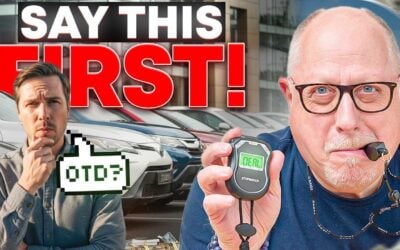
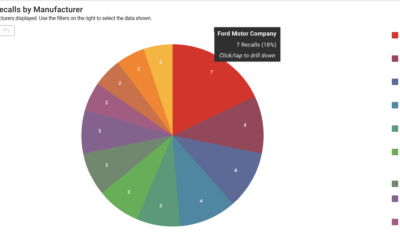
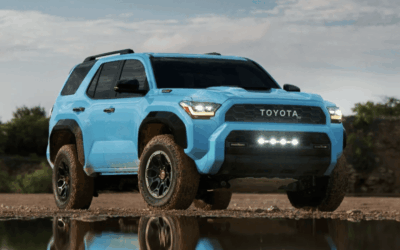


Bad information. Volvo’s warranty is 70% capacity. See page 23: https://volvornt.harte-hanks.com/manuals/2022%5C2022%20Models%20BEV%5CVolvo_MY2022_BEV_Wty_Manual_CC_04-20-2021.pdf
Is it possible that they lowered it after 2021? Because all I can find on their website is, “The Volvo Cars Warranty for the battery is 8 years/100,000 miles, whichever occurs first, provided that the car and battery are maintained and used in accordance with Volvo Cars’ recommendations.”
https://www.volvocars.com/us/cars/xc40-electric/
And I found this on what appears to be a specific dealer’s website, “Hybrid & Electric Vehicle Battery Warranty – Batteries are subject to natural wear out due to aging and usage. If the battery capacity is lower than 55% of original status (according to specification) at 8 years or 100,000 miles, whichever occurs first, the battery will be replaced free of charge. Some restrictions apply.”
https://www.motorcarsvolvocars.com/volvo-warranty.htm#:~:text=If%20the%20battery%20capacity%20is,be%20replaced%20free%20of%20charge.
I am pretty sure the state of California REQUIRES a 10-year battery warranty on all electric vehicles now.
Thank you for pointing this out! We will update this article.
The link doesn’t provide any detail on the kia warranty. Do you know the specifics? What is its guaranteed retention?
Hello, I found this link, which says that Kia guarantees 70% battery retention: https://www.kia.com/content/dam/kwcms/kme/uk/en/assets/static/utility/brochure/The%20Kia%20EV6%20-%20Your%20guide%20to%20electric%20driving.pdf
Regarding the Hyundai/Kia battery warranty, 70% degradation equals 30% retention to me. So, they only guarantee that the battery will retain 30% of its original capacity. That sounds bad but, today, I found this on page 24 of the 2024 Owner’s Handbook. HYUNDAI HYBRID, PLUG-IN HYBRID, AND ELECTRIC VEHICLE SYSTEM WARRANTY “The High Voltage Battery will experience gradual energy or power loss with time and use. Loss of battery energy or power over time or due to or resulting from battery usage, is NOT covered under this Hybrid, Plug-in Hybrid, and Electric Vehicle System Warranty. This contradicts the 30% retention clause. I think this says that the battery is guaranteed not to fail completely for 10 years. So, if the car can still move under its own power, you are on your own. That’s what it says to me. https://www.hyundaiusa.com/content/dam/hyundai/us/com/pdf/assurance/Hyundai%20USA%20ALL%2024MY(Combined)230727.pdf
It’s only on hybrids, not EVs.
What makes you think that, Mark? It says “Electric Vehicle” in the title. HYUNDAI HYBRID, PLUG-IN HYBRID, AND ELECTRIC VEHICLE SYSTEM WARRANTY
I just looked at the Kia sales brochure that you linked. It clearly states that Hyundai guarantees that the traction battery will retain 70% of its capacity BUT that is a sales brochure, not a warranty AND it is for the UK, not the USA.
I appreciate this article. I was looking for information like this. I think you have a few errors now, but they can be corrected. Keep up the good work!
I would like to discuss this further related to warranties of vehicles purchased say 2014-2019. I bought a Kia 2015 Soul EV and want to put a new battery in it due to ongoing problems. So far what I have been able to confirm is KIa (and I was told the same for Nissan Leaf) ARE NOT MAKING REPLACEMENT BATTERIES FOR THESE VEHICLES. They tell you they do bug give you a software solution (BMS Battery Management System) instead. They told me my new replacement battery was here in March and kept my car until a few days ago with the BMS software being updated as a solution not giving me the replacement battery that was supposedly here. I asked the parts department about buying a new battery and they said they have someone waiting since Nov 2023 with no date in sight for new battery, doing the same thing to that person they did to me. There is something dishonest going on here. What is a battery warranty worth if they do not make replacement batteries. BTW Kia 2015 replacement battery costs around 3k per the parts department.
Jan, thank you for sharing this. This is very concerning. If you’re not satisfied with the response your dealership service department has given to you, I recommend reaching out to Kia Customer Care. https://customercare.kiausa.com/